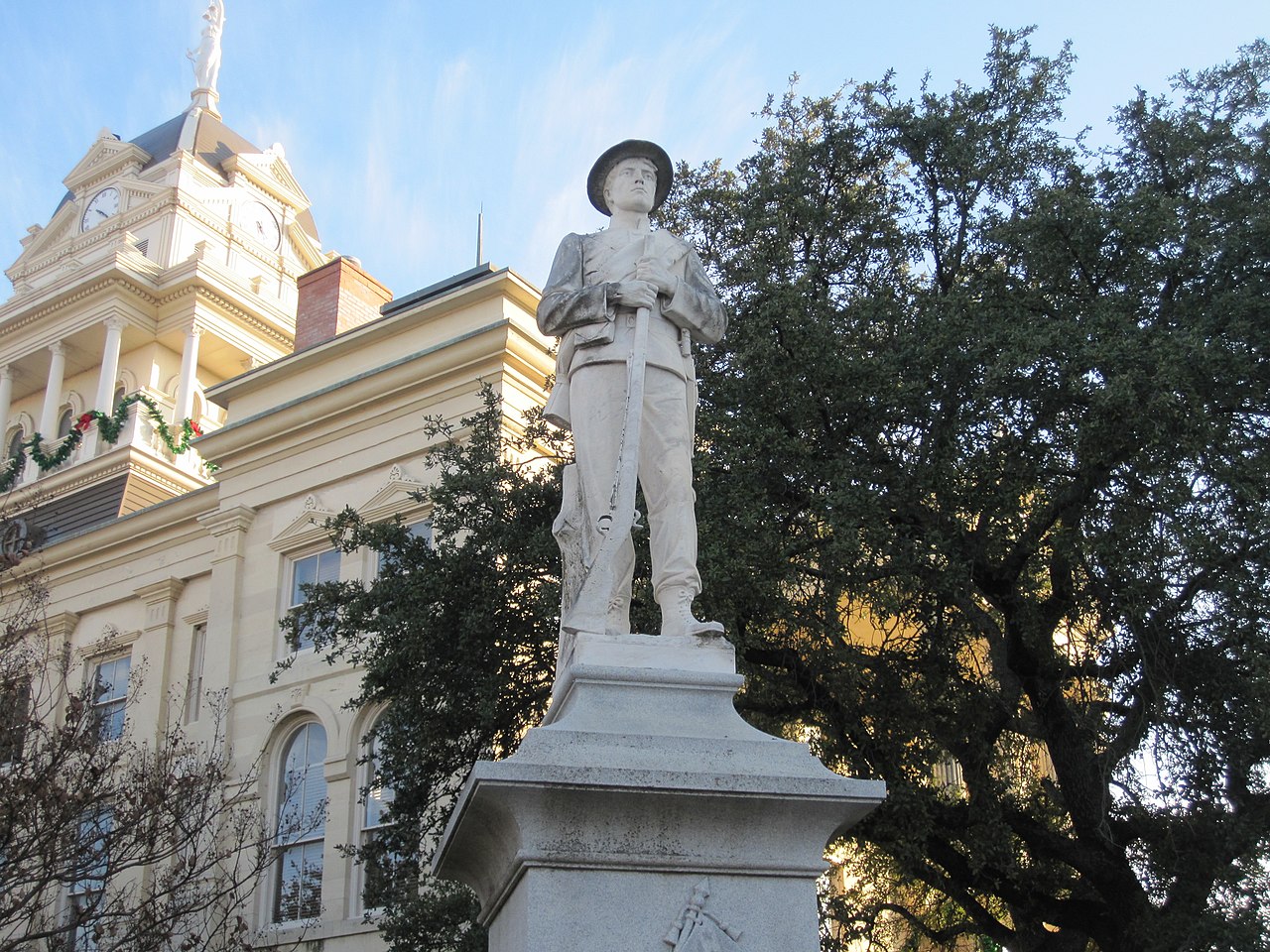By JAMES MAZARAKIS

In America, slavery officially ended in 1865, but equality for people of color has been a long trip that has taken 148 years – and counting. Particularly in the decades following the civil war, black citizens had access to few of the same privileges that white people exercised. This included voting. State governments created “literacy tests” which forced voters to take an exam before voting. This discriminated against black voters, since it was so difficult for them to get an education. “Jim Crow” laws like these prevented these people of lower economic class, recently freed from enslavement, from making a new life.
Racism is far from over. But there are still “Jim Crow” laws embedded in our education system, and though they affect many People of Color (POCs), it targets those with fewer financial privileges.
Perhaps the most visible evidence is the concept of paying for higher education. This can mean anything from attending private schools to signing up for summer courses – institutions that don’t just require the brains to attend, but the cash, too. We are lucky to have multiple programs at MHS that help less-privileged students attain sufficient opportunities – our free Bunker Hill Community College courses and provided PSAT tests are a huge opportunity for some. But not every school has these opportunities, and if our society was equal, we wouldn’t need any of these.
Private schools are a similar story. Many of them are great schools, but this is the problem – it is a giant literacy test. To get a focused, private education – which often produces great results – you first need a certain level of wealth to get there from the start. I understand this may not have been the intention, but it is one aspect of our culture that in many ways promotes racism, classism, and downright inequality.
The institution is reinforced with white lies, trying to justify its fairness by putting its students of color in the spotlight. This is not only offensive, deceptive, and unfair to those students, but it dodges the major problem: that it gives huge educational advantages to a group of people that are predominantly white. Is this modern equality? Pretending that POCs, despite their centuries of struggles, have equal opportunity simply because it is possible?
Unfortunately, it is preparation for the real world. People in poverty or financial trouble are far more likely to, for example, afford an effective lawyer – which is necessary to compete with any well-funded prosecution. This and flat-out discriminatory arrests keep many families from progressing. This government system, by design, discriminates, just like voting systems in the reconstruction era.
The unfortunate part of this is that it cannot be fixed. Not yet, at least. There are two problems we face: the issue of racial and economic equality, and our elitist education and government system. These policies that almost deliberately keep people in a black hole of poverty need to end. We can fix them, but it will take time- and an effective congress, of course.




